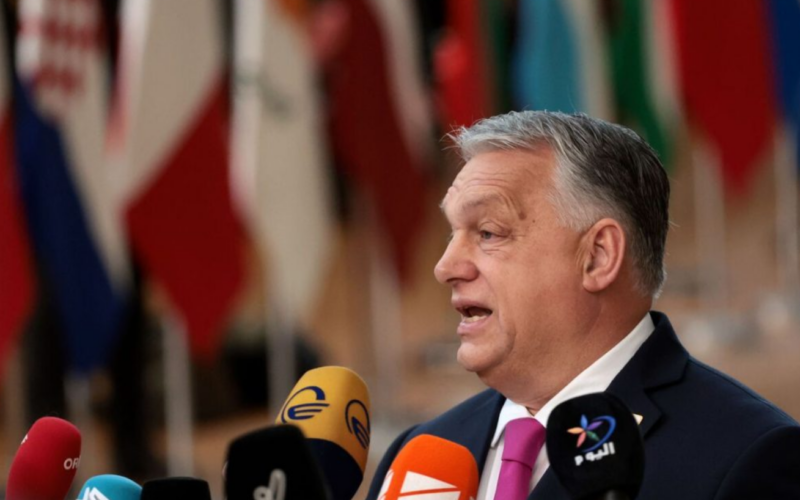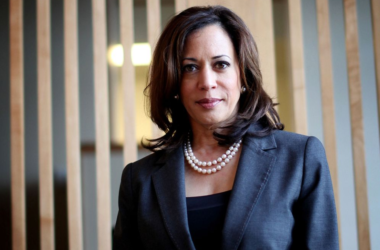In a recent diplomatic development, Hungary has exercised its veto power, preventing the European Union from endorsing a financial aid package for Ukraine. This move comes on the heels of the EU’s decision to officially open accession negotiations for Ukraine, a significant breakthrough in the country’s pursuit of European integration and support from its allies. The intricate dynamics surrounding Hungary’s objection, Ukraine’s accession talks, and the broader geopolitical implications shape the narrative of this evolving diplomatic scenario.
On Friday, Hungary cast a dissenting vote, blocking the European Union’s approval of a 50 billion euros ($52 billion) financial aid package earmarked for Ukraine. Charles Michel, the president of the European Council, confirmed that all EU member countries, except Hungary, supported the financial aid initiative. This setback has prompted EU leaders to reconvene next month in an attempt to secure unanimous agreement, a prerequisite for the aid package’s implementation.
Simultaneously, EU leaders have formally initiated accession negotiations for Ukraine, marking a symbolic victory for President Volodymyr Zelensky. While the actual accession process spans years and entails extensive reforms, this announcement carries substantial geopolitical significance. The timing of Ukraine’s accession talks coincides with President Zelensky’s efforts to garner international support, notably amid financial challenges faced during his visit to the United States.
Hungary’s objection, led by Prime Minister Viktor Orban, underscores concerns about the timing and readiness of Ukraine for EU membership. Orban, known for his ties with Russian President Vladimir Putin, initially voiced plans to veto the opening of accession talks. However, influenced by Chancellor Olaf Scholz of Germany, Orban abstained from raising objections during the crucial decision-making moment, raising questions about the motivations behind Hungary’s stance.
EU membership negotiations typically span a decade or longer, requiring significant reforms to align the candidate country with EU rules and standards. While Ukraine is considered a highly motivated candidate and has actively pursued EU-requested reforms, substantial restructuring across governance, economy, and justice systems remains a prerequisite for eventual accession.
The delayed approval of the financial aid package may impact Ukraine’s immediate financial support. The EU, however, has mechanisms to proceed without Hungary, potentially creating a trust with the other 26 member countries. Critics argue that Hungary’s objections could be tied to its efforts to extract frozen EU funds earmarked for the country.
As the year concludes, pressure mounts for increased support to Ukraine from both the United States and the European Union. Notwithstanding political challenges, key figures like U.S. National Security Adviser Jake Sullivan and German Chancellor Olaf Scholz emphasize the critical nature of aiding Ukraine.








